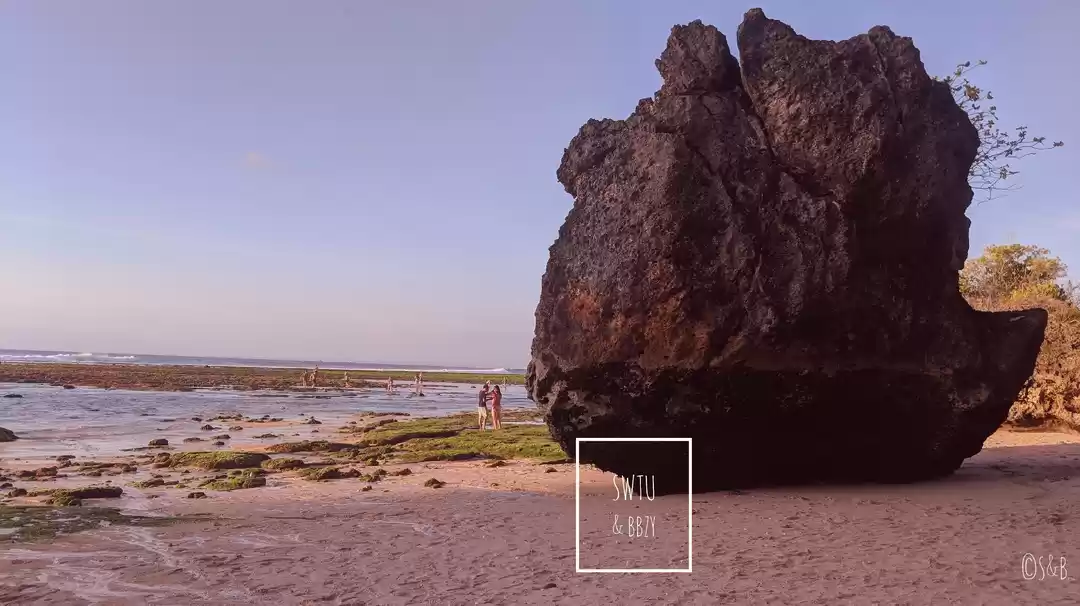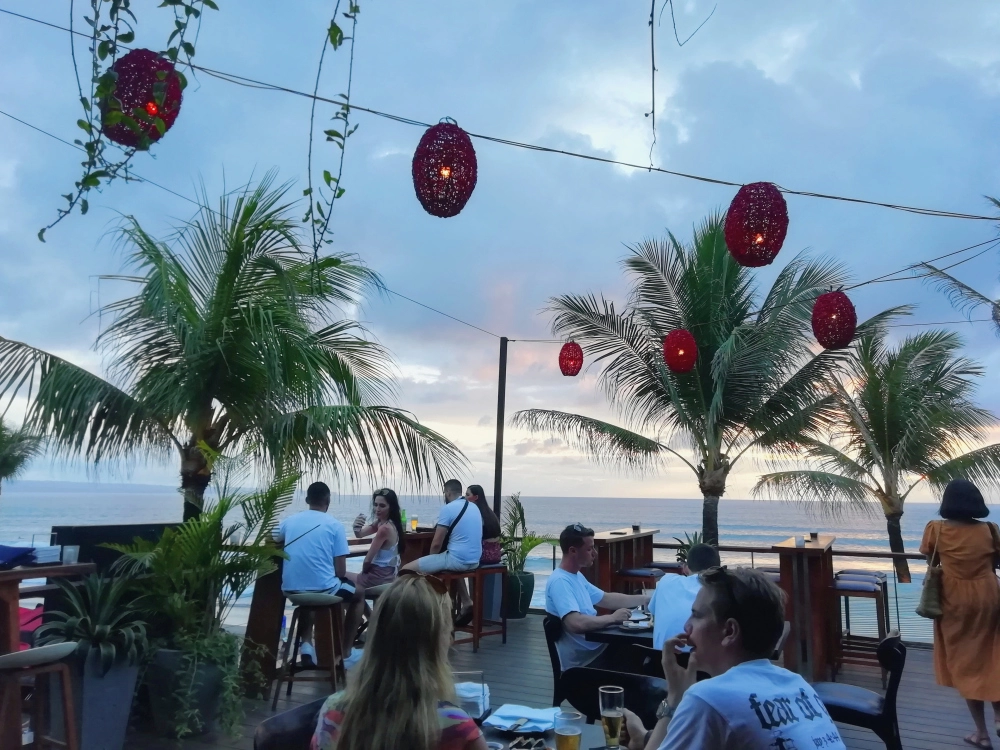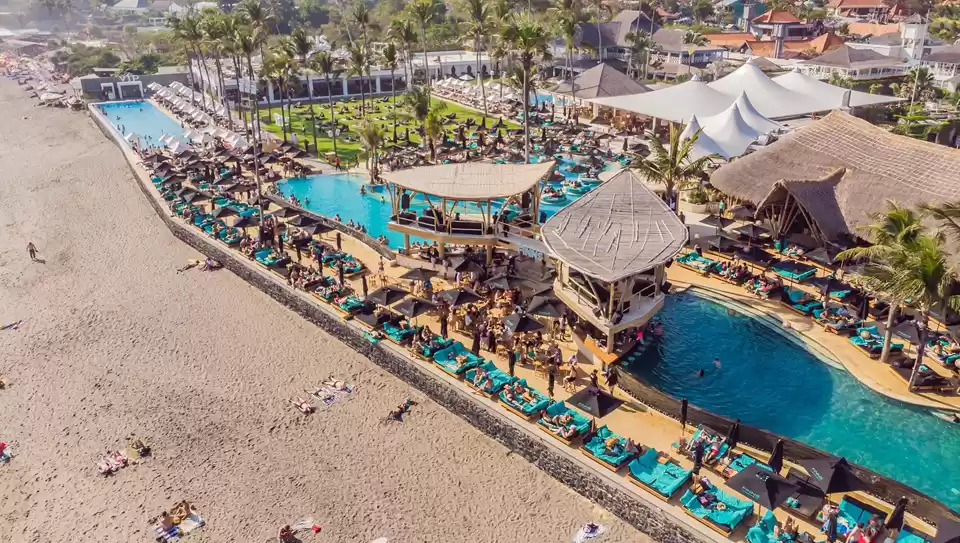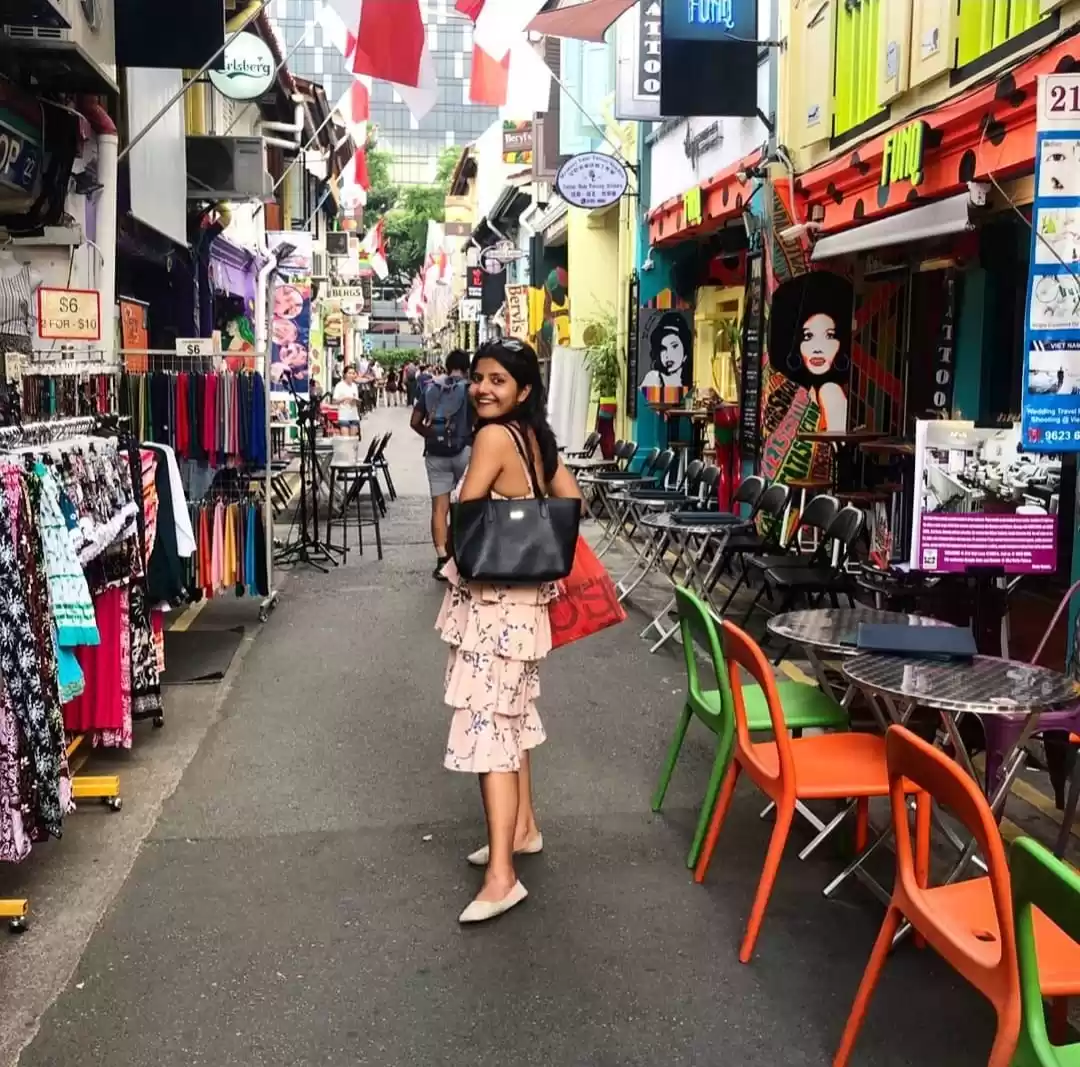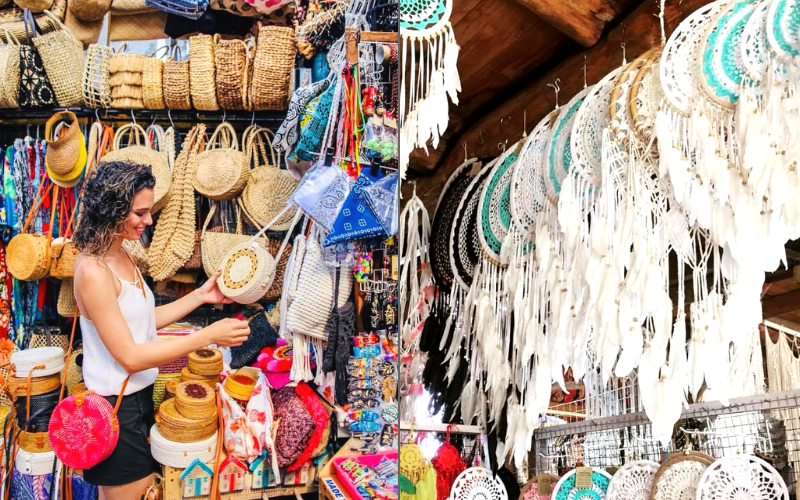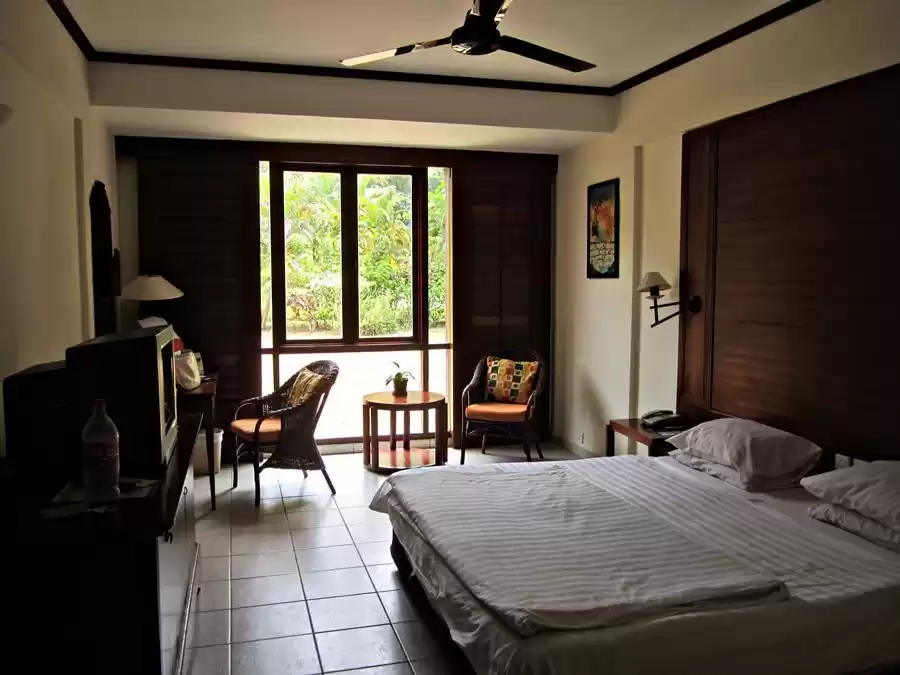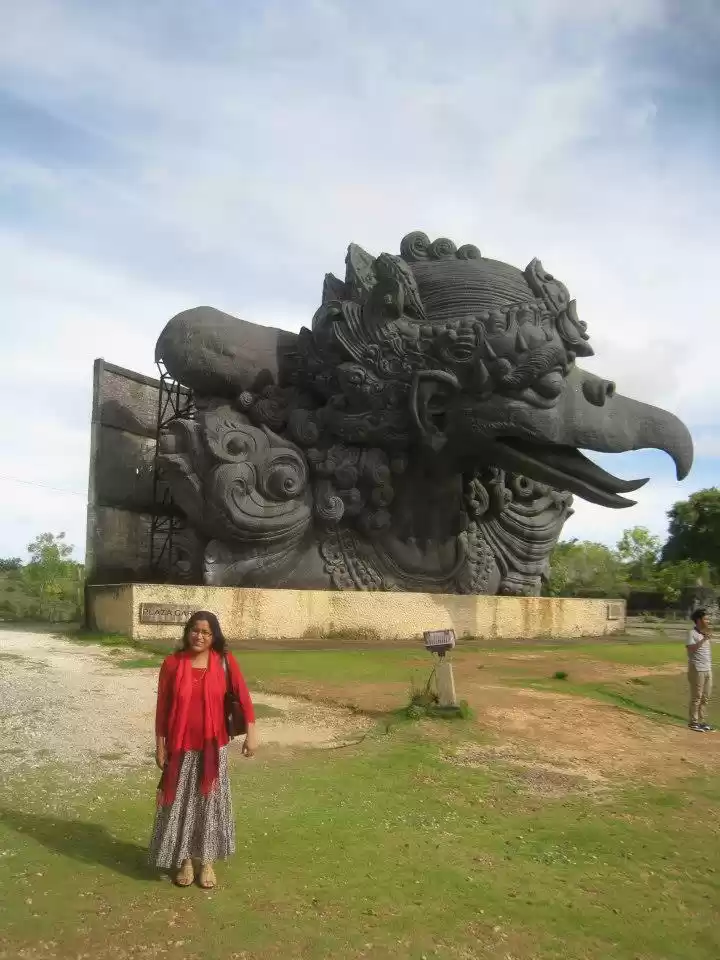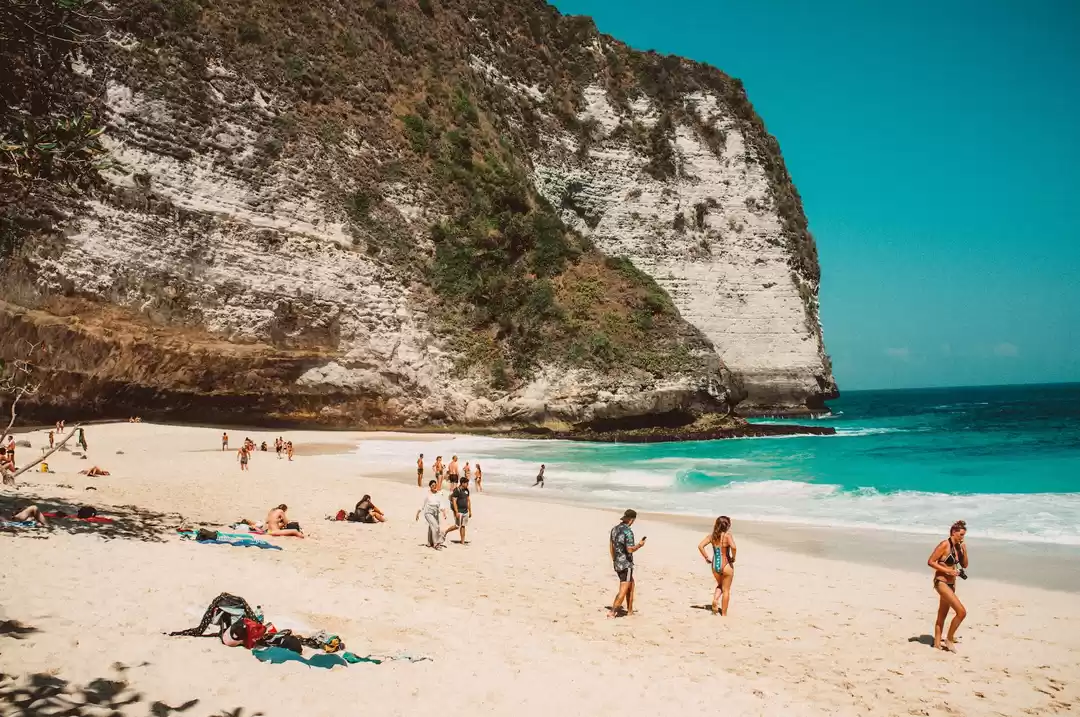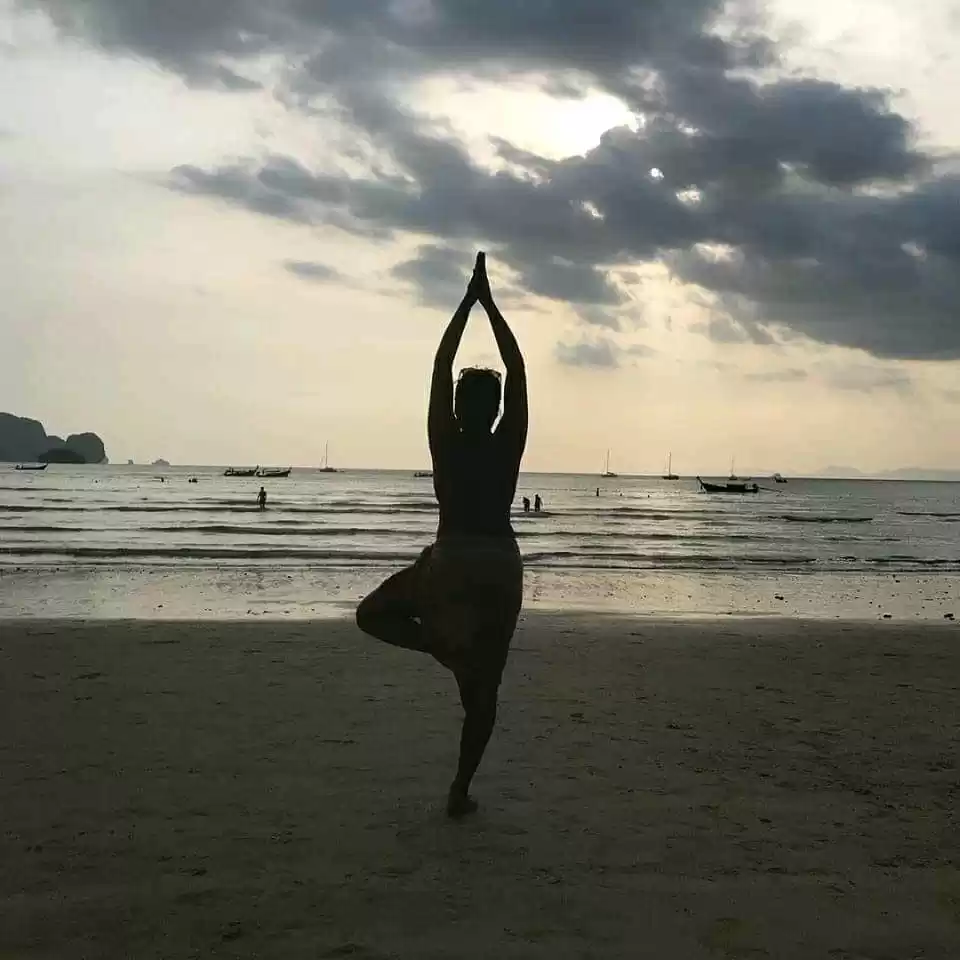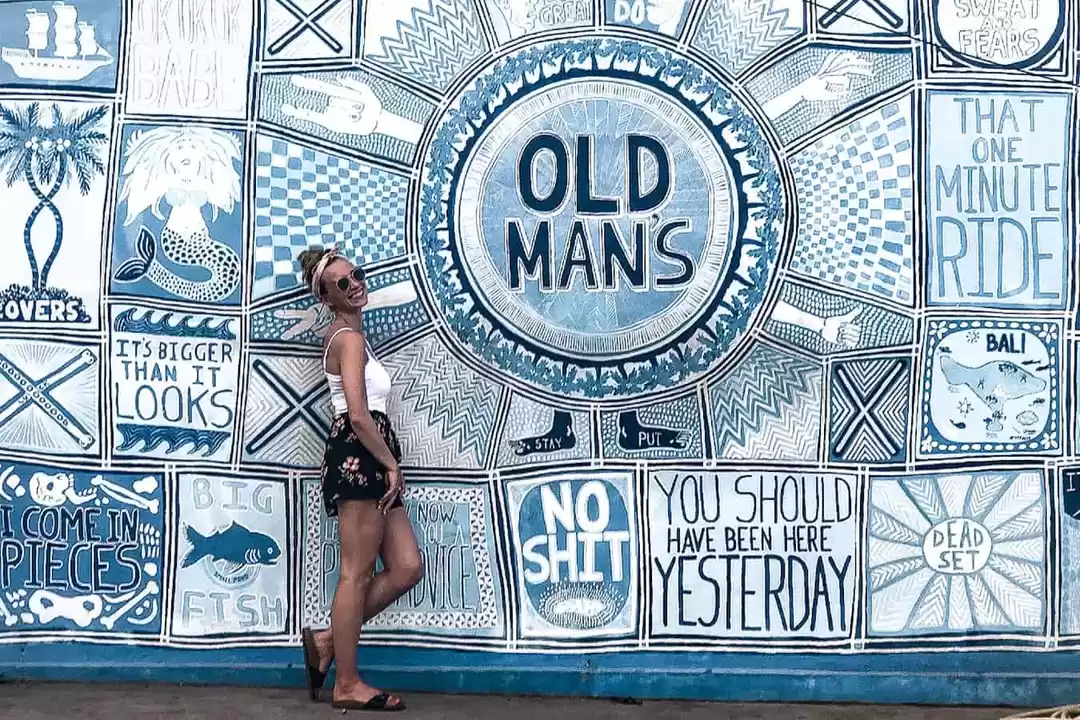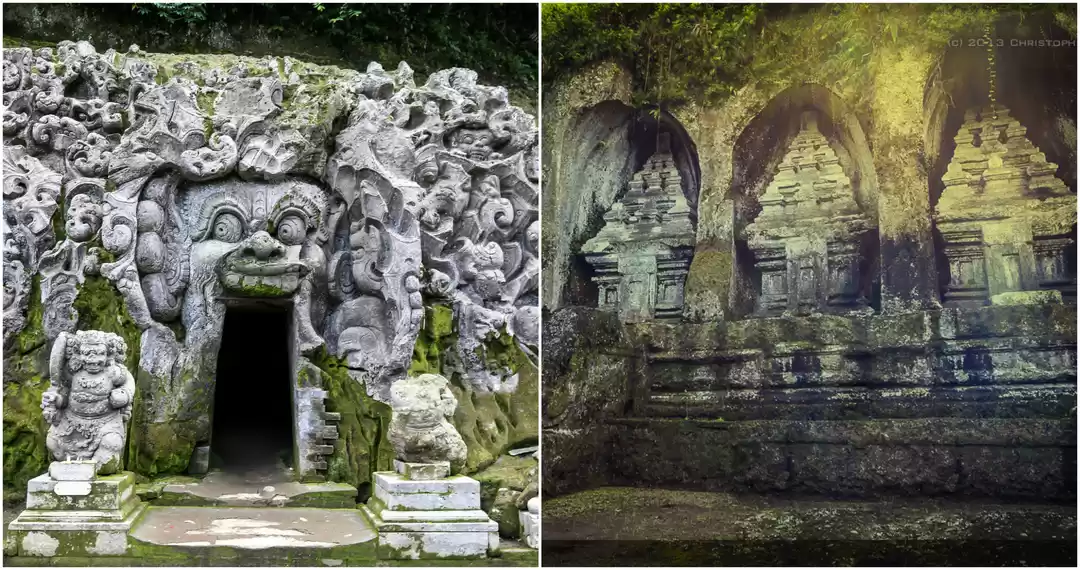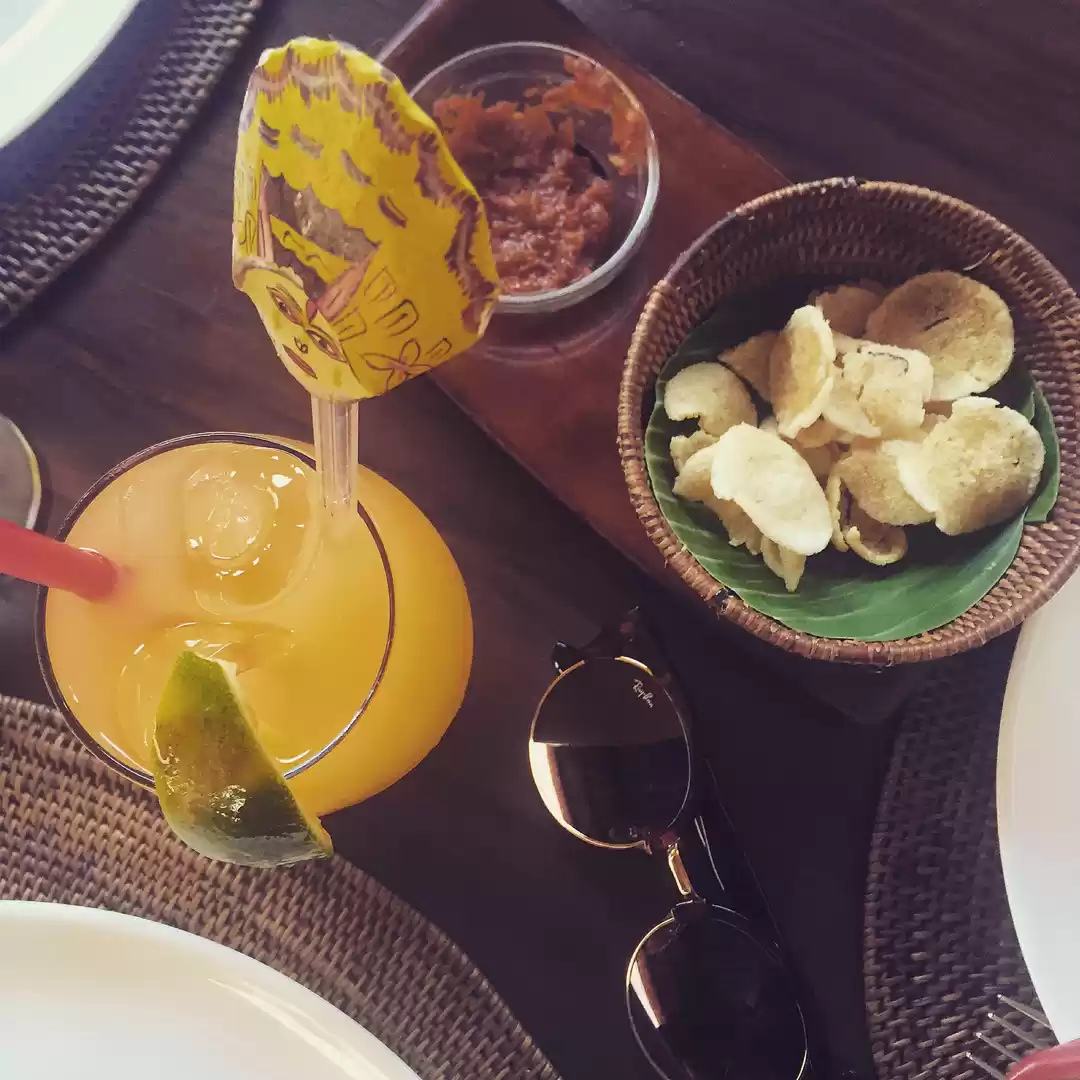If you want to immerse yourself in the local culture and lifestyle of Bali, there is no better place to visit than Pasar Badung, the largest and oldest traditional market in Denpasar. Pasar Badung is not only a shopping destination, but also a historical and cultural landmark that showcases the rich and diverse heritage of the island. In this article, you will learn everything you need to know about Pasar Badung, from its history and products to its tips and activities.
Whether you are looking for fresh produce, colorful fabrics, or unique souvenirs, you will find them all at Pasar Badung. Read on to discover how to make the most of your visit to this vibrant and bustling market.
The History and Culture of Pasar Badung
Pasar Badung has been the center of trade and commerce in Denpasar since the 18th century, when it was established by the King of Badung, I Gusti Ngurah Made Pemecutan. The market was originally located on the banks of the Badung River, which was used as a transportation route for the goods and services. The market was also a place of social and religious interaction, where people from different backgrounds and beliefs would meet and exchange ideas.
The market has undergone several renovations and expansions over the years, but it still retains its original charm and character. The market consists of four floors, each with its own specialty and atmosphere. The ground floor is where you can find fresh fruits, vegetables, flowers, meats, and seafood. The second floor is where you can buy fabrics, clothes, accessories, and handicrafts. The third floor is where you can find household items, electronics, and furniture. The fourth floor is where you can enjoy local food and drinks at the food court.
The market is also a reflection of the Balinese culture and religion, as you can see the influence of Hinduism and Islam in the architecture and layout of the market. The market is divided into two sections, one for the Hindus and one for the Muslims, each with its own entrance and prayer room. The market also features a temple and a mosque, where the vendors and customers can perform their rituals and prayers. The market is also decorated with colorful umbrellas, flags, and banners, especially during festivals and ceremonies, such as Galungan, Kuningan, and Nyepi.
One of the best ways to experience the history and culture of Pasar Badung is to join a guided tour, where you can learn more about the stories and secrets behind the market. You can also interact with the locals and the vendors, who are friendly and welcoming, and who can share their insights and perspectives on the market and the Balinese way of life.
The Products and Services at Pasar Badung
Pasar Badung is a paradise for shoppers, as you can find almost anything you need or want at the market. Whether you are looking for fresh produce, colorful fabrics, or unique souvenirs, you will find them all at Pasar Badung. Here are some of the products and services that you can expect to find at the market:
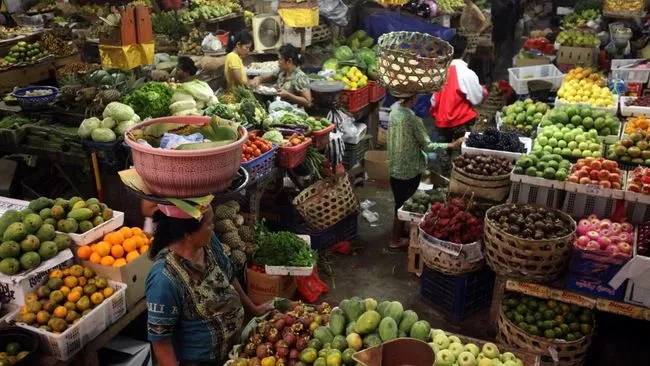
Fruits, vegetables, flowers, meats, and seafood:
The ground floor of the market is where you can find a wide variety of fresh and organic produce, such as bananas, mangoes, pineapples, papayas, durians, rambutans, salak, mangosteen, jackfruit, dragon fruit, and more. You can also find exotic and rare fruits, such as snake fruit, star fruit, and passion fruit. The market also offers a range of flowers, such as orchids, roses, jasmine, and frangipani, which are used for offerings and decorations. You can also find fresh and dried meats, such as chicken, pork, beef, lamb, and duck, as well as seafood, such as fish, shrimp, squid, crab, lobster, and more.
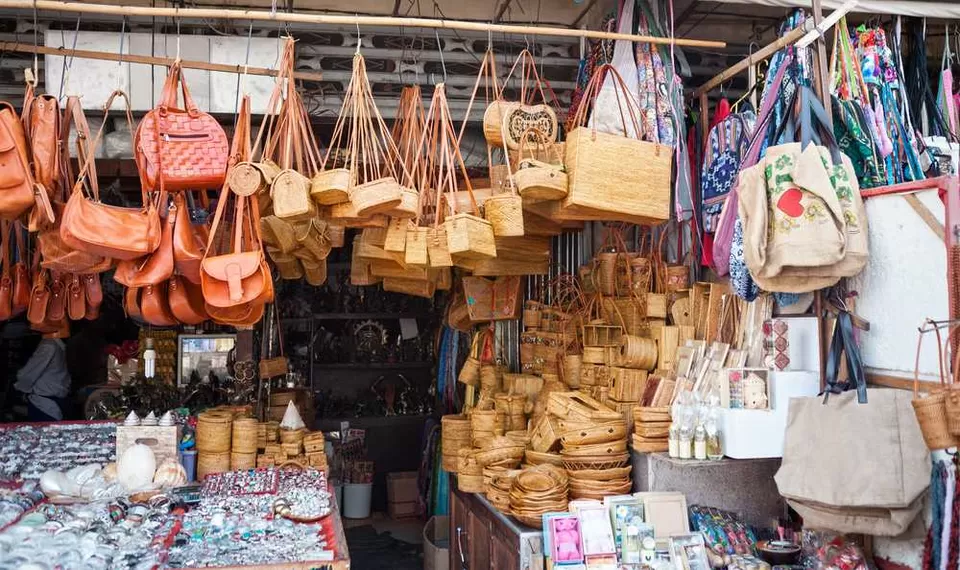
Fabrics, clothes, accessories, and handicrafts:
The second floor of the market is where you can find a variety of fabrics, clothes, accessories, and handicrafts, such as batik, ikat, songket, endek, and more. These are traditional fabrics that are made using different techniques and patterns, and that represent different regions and cultures of Indonesia. You can also find clothes, such as sarongs, kebayas, shirts, dresses, and more, that are made from these fabrics, or that feature modern and trendy designs. You can also find accessories, such as bags, hats, scarves, belts, and more, that are made from natural materials, such as rattan, bamboo, leather, and more. You can also find handicrafts, such as masks, puppets, statues, paintings, and more, that are made by local artisans, and that depict the Balinese mythology and folklore.
Household items, electronics, and furniture:
The third floor of the market is where you can find a range of household items, electronics, and furniture, such as pots, pans, plates, cups, knives, spoons, forks, and more. You can also find electronics, such as phones, laptops, cameras, speakers, and more, that are either new or second-hand. You can also find furniture, such as chairs, tables, beds, cabinets, and more, that are made from wood, metal, or plastic.
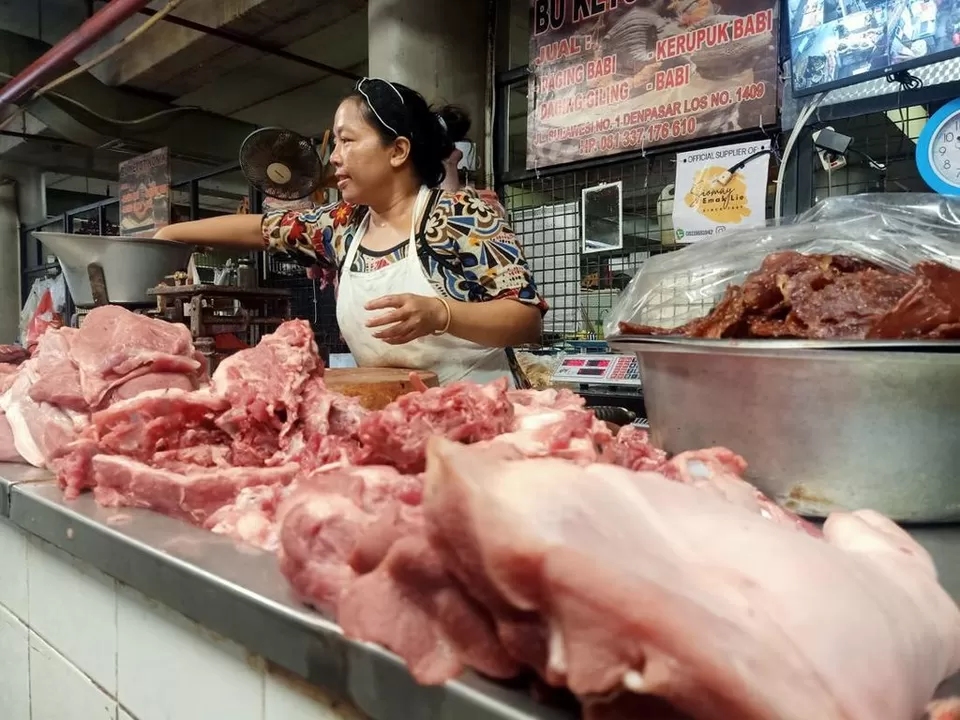
Food and drinks:
The fourth floor of the market is where you can find a variety of food and drinks, such as nasi campur, nasi goreng, mie goreng, soto ayam, sate, gado-gado, bakso, and more. These are local dishes that are made from rice, noodles, meat, vegetables, and spices, and that are served with different sauces and condiments. You can also find snacks, such as pisang goreng, klepon, kue lapis, and more, that are made from bananas, coconut, rice flour, and sugar, and that are fried or steamed. You can also find drinks, such as es teh, es jeruk, es kelapa muda, and more, that are made from tea, orange, coconut, and ice, and that are refreshing and hydrating.
One of the best things about shopping at Pasar Badung is that you can bargain for the best prices and deals. Bargaining is a common and expected practice at the market, and it can be a fun and rewarding experience. Here are some tips and tricks on how to bargain at Pasar Badung:
1. Start by asking for the price of the item or service that you are interested in. The vendor will usually quote a higher price than the actual value, so you can counter with a lower price, usually around half or less of the initial price.
2. Be polite and friendly, and use a smile and a joke to break the ice and build rapport with the vendor. You can also use some basic Indonesian words, such as terima kasih (thank you), maaf (sorry), and tidak (no), to show respect and appreciation.
3. Be firm and confident, and do not show too much interest or enthusiasm for the item or service that you want. You can also walk away or pretend to look at other stalls, to show that you are not desperate or willing to pay any price.
4. Be realistic and fair, and do not offer a price that is too low or unreasonable. You can also consider the quality and uniqueness of the item or service that you are buying, and the value that it has for you. You can also think of the bargaining process as a way of supporting the local economy and community, rather than as a way of saving money.
5. Be ready to compromise and agree on a price that is acceptable and satisfying for both you and the vendor. You can also throw in some extras, such as a free item, a discount, or a service, to seal the deal. Once you have reached an agreement, pay the vendor and thank them for their service.
6. Shopping at Pasar Badung can be a rewarding and memorable experience, as you can find unique and special products and services that you can not find anywhere else. You can also learn more about the Balinese culture and history, and interact with the locals and the vendors, who can share their stories and insights with you.
The Tips and Advice for Visiting Pasar Badung
Pasar Badung is a must-visit attraction for anyone who wants to experience the authentic and vibrant side of Bali. However, visiting the market can also be challenging and overwhelming, especially for first-time visitors. Here are some tips and advice on how to plan and enjoy your visit to Pasar Badung:
- The best time to visit Pasar Badung is in the morning, between 6 am and 10 am, when the market is less crowded and more lively. You can also find the freshest and best quality products and services at this time. The market is open 24 hours a day, seven days a week, but it is usually quieter and slower in the afternoon and evening.
- The best way to get to Pasar Badung is by public transportation, such as bus, taxi, or bemo (minibus). You can also use online transportation services, such as Grab or Gojek, to book a ride or rent a motorbike. The market is located in the heart of Denpasar, on Jalan Gajah Mada, and it is easily accessible from other parts of Bali. The market is also close to other attractions and landmarks, such as Puputan Square, Bali Museum, and Jagatnatha Temple.
- The best way to explore Pasar Badung is by foot, as you can wander around the different floors and sections of the market and discover the variety and diversity of the products and services. You can also join a guided tour, where you can learn more about the history and culture of the market, and get some insider tips and recommendations. You can also rent a bicycle or a motorbike, and explore the surrounding areas of the market, such as the river, the bridge, and the temple.
- The best way to enjoy Pasar Badung is by being open-minded and curious, and by trying new things and experiences. You can sample the local food and drinks, and taste the flavors and spices of Bali. You can also buy some souvenirs and gifts, and support the local artisans and vendors. You can also interact with the locals and the vendors, and learn more about their stories and perspectives. You can also participate in the festivals and ceremonies, and witness the rituals and traditions of the Balinese people.
- The best way to prepare for Pasar Badung is by bringing some essentials and following some rules. You should bring some cash, as most of the vendors do not accept credit cards or online payments. You should also bring a reusable bag, as the market does not provide plastic bags. You should also bring a hat, sunglasses, sunscreen, and water, as the market can get hot and sunny. You should also wear comfortable clothes and shoes, as the market can get crowded and dusty. You should also follow some rules, such as respecting the religious and cultural beliefs of the locals and the vendors, and asking for permission before taking photos or touching the products.
- Pasar Badung is a unique and amazing attraction that you should not miss when you visit Bali. It is a place where you can experience the authentic and vibrant side of the island, and where you can learn more about the history and culture of the Balinese people. It is also a place where you can find a variety of products and services, and where you can bargain for the best prices and deals. It is also a place where you can have fun and enjoy yourself, and where you can make some unforgettable memories. Pasar Badung is more than just a market, it is a way of life.
If you are interested in visiting Pasar Badung, you can book a hotel, a tour, or a flight to Bali with Tripoto, the leading online travel platform that offers the best deals and packages for your travel needs. You can also browse through our other articles and guides on Bali, and discover more attractions and activities that you can enjoy on the island.
You can also leave a comment, a question, or a review about Pasar Badung, and share your thoughts and experiences with other travelers. Pasar Badung is waiting for you, so don’t hesitate and book your trip today.

